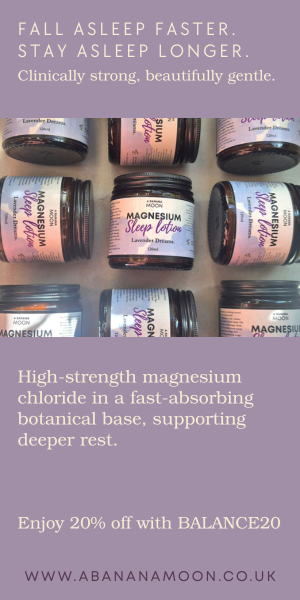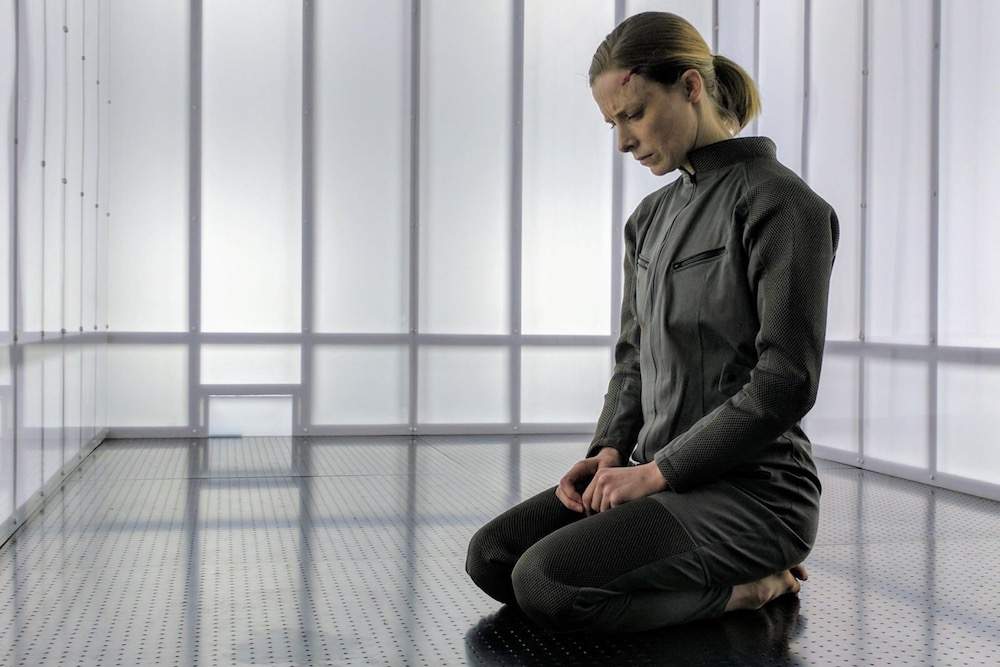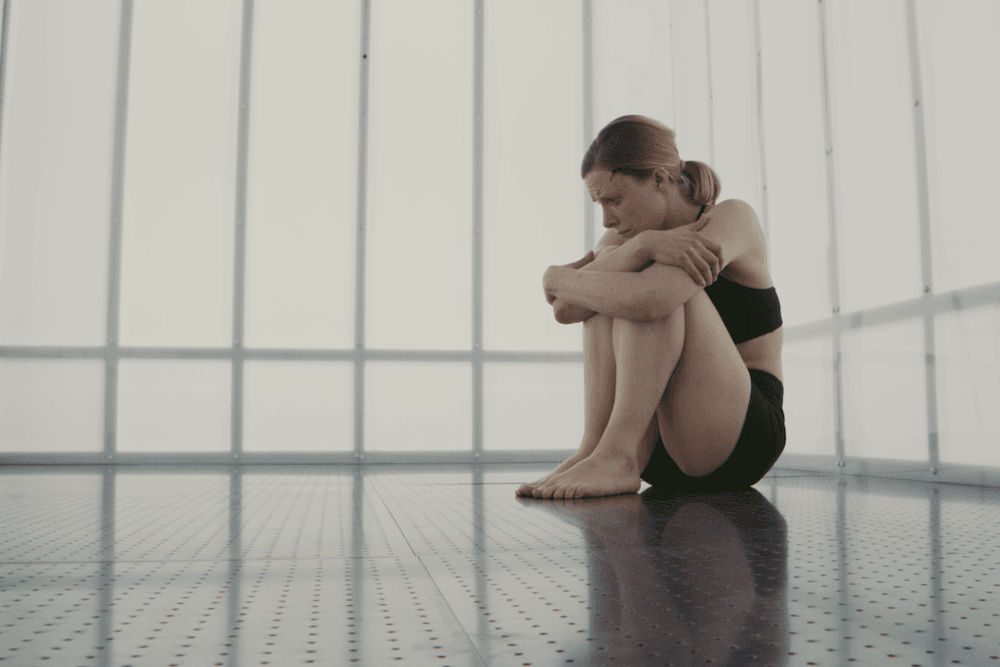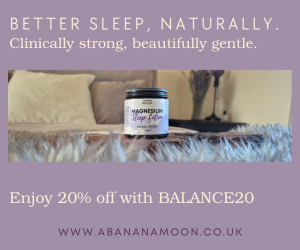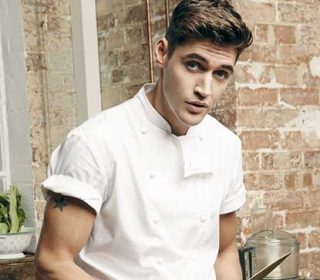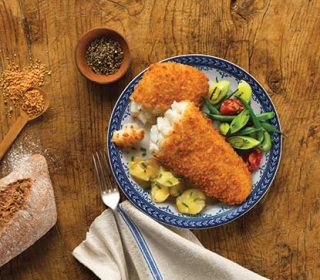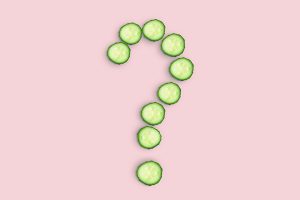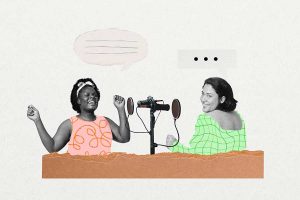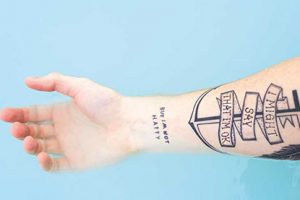Shauna Macdonald, star of White Chamber, on leaving horror on set and cutting out booze
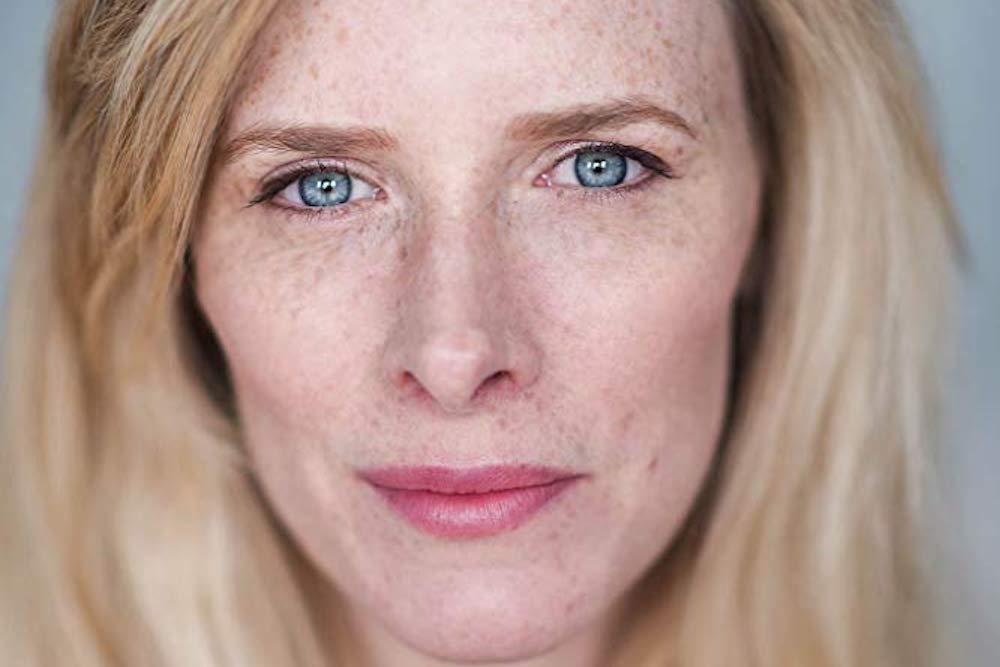
YOU WERE ONLY 21 WHEN YOU STARTED ACTING IN SPOOKS. THAT MUST HAVE BEEN A WHIRLWIND EXPERIENCE.
When I was very young I had a cleaning company with my sister and the sister of one of the guys we cleaned for was an agent. I wrote to Ann Coulter, a big agent in Glasgow, and asked if she would take me on when I was 16, and she did. It was after that, that I actually went to drama college. I had an agent the whole time I was at drama college, and back then, they weren’t too keen on students working whilst they were learning. I was lucky though to be 2 years below James McEvoy who paved the way for people to work where they could. So, I had a bit of experience, I’d done a couple of things on TV, been in the theatre, been in a couple of feature films, so by the time I actually hit London as a proper actor I was 21 and a step ahead, not in terms of getting jobs, but in terms of working the auditions. When I stepped into Spooks it was a completely different world that I’d not been used to. I think up until that point I’d been treated very gently. I was completely blown away by Spooks and it was a full on 5 months of work a year. It was brilliant, I definitely learnt the television trade really quickly and worked with some amazing people, I had a great 2 years there.
BEFORE WHITE CHAMBER YOU STARRED IN THE DESCENT FILMS. WHAT DRAWS YOU TO SUCH GRIPPING HORROR ROLES?
I think it’s more the other way around. It’s why are people coming to me for me to play them? I’ve been really lucky with the genre of horror that generally the producers and directors of horror films come to me and I don’t need to audition. I think The Descent did an amazing thing for me because, at the time none of us knew, but it turned out to be ground-breaking cult film. The blood, sweat and tears that I put into The Descent has helped me stay in the genre to the point where people want me in their film.
I think I approach genre how I would approach any drama. I never play a genre, I always play the scene. I don’t change my delivery when I’m acting in a genre film as if I was acting in a Ken Loach or Mike Leigh film. I want the audience to believe that I’m a real character and when it looks like I’m going to die, they care because it’s like I’m a real person. So, I try to bring the audience in. So often the character, certainly in The Descent, which paved the way for the characters I’ve been asked to play in the genre films, is usually emotionally raw or going through some trauma, so there’s plenty of opportunity for me as an actor to make connections with the audience and to want them to care if I survive.
HOW WOULD YOU DESCRIBE WHITE CHAMBER AND YOUR ROLE IN THE FILM?
It’s sometime in the future, not too far away, and the UK is at civil war. A group of scientists have been employed by the government to concoct a superdrug to give to the military to help them fight the rebel forces. The film starts with my character in a white chamber and everything is not how it seems. It’s really about how far you would go for your cause and how lines blur when you’re at war.
HOW DO YOU DECOMPRESS AFTER FILMING SUCH INTENSE SCENES?
When I was 23 and filming The Descent I would really worry about filming big emotional or traumatic scenes. As an actor, when you’re in the moment, it feels good but you’ve got to be careful that the performance actually looks good too and that you’re getting the right message across. I would have to take myself away and torment myself before a take and it worked. But is that sustainable as a career choice? Is that how you want to live your life when you go to work? I don’t think so.
When I went back to shoot The Descent: Part 2 I had a 1 year old daughter and it was in my contract that I could bring her to the set. I didn’t want to be distracted but I wanted to see her every lunch time. So, I became very good at compressing rehearsal time, in my head, to 10 or 20 minutes, now it can just be the walk to the set. Doing that was the only way I could stop tormenting myself. I have 3 daughters now and I need to be able to leave my work at the studio. Sometimes it does bleed over and it’s hard to help what you dream about. There’s no hard and fast rule.
DO YOU HAVE ANY NEW PROJECTS COMING UP?
I’m actually going a bit sideways and I’m really excited about it. I’m doing a TV comedy with John Cleese and Alice Steadman called Hold the Sunset. I’m super excited about that! It’ll be nice to do something that’s not so dark and have a play around with that.
YOU LIKE TO GET INVOLVED WITH THE COMMUNITY IN YOUR SPARE TIME. TELL US ABOUT YOUR YOUTH THEATRE AND WORK WITH BELLFIELD COMMUNITY CENTRE.
For the last 3 years I’ve been working with my youth theatre, Edinburgh Youth theatre, which is massive part of my creative down time. I help bring the arts, whether it be theatre or film, to young people, we now have 135 kids there. James McEvoy and Irvine Welsh are patrons and we’ve managed to get Ross Noble to come in and he did some cool comedy stuff. I just try to give the kids as many fantastic experiences as possible from an industry background. It’s not a stage school, I’m not trying to make little actors, I’m trying to make creatively confident young people.
I was also part of a committee that was the first in Scotland to save an urban dwelling [Bellfield Community Centre] for the use of the community. Now the community own it and a community theatre operates out of it. We’re in a place in Edinburgh where a lot of churches and halls are being sold to be made into flats. So, we, the community, jumped in and said there’s nowhere for kids to go or for people to have clubs. It was a two year struggle and I organised a launch in June, which was fantastic.
HOW DO YOU FIND YOUR EQUILIBRIUM?
I think you’ve got to constantly keep reassessing that. As a mum you’re used to doing stuff for other people all the time so you have to make sure that you take time to care of yourself. I love watching films, I’m watching Netflix all the time, I run quite a bit with our dog on the beach and I spend time with my kids. What I’ve done recently is I’ve not had any alcohol for 3 weeks. I did it because I was starting to feel like things were getting on top of me, I was feeling anxious and couldn’t pin down why. I was still getting things done but I wasn’t enjoying having to be on tape or taking my drama lessons because I was worrying about everything. I haven’t drunk for 3 weeks, I will go back to it because I enjoy it, but it has given me a clarity of thinking that I hadn’t expected. At the moment that’s my thing, but next month it might be something else. Making sure that you’re looking after yourself, making sure you’re getting enough sleep and not partying and working too hard is important.
It’s more for your mental health and to stay happy. Sometimes when I’m unemployed I can get a bit down so you have to make sure you’re not sabotaging yourself by drinking because it feels nice at the time, as it means that you’re probably not going for a run in the morning. You’re going to make bad food choices, you’ll forget to email people and it does sort of spiral. It’s more about me now, whereas in my 20’s it was more how do I keep my body looking good, now it’s now do I keep my head feeling good.



